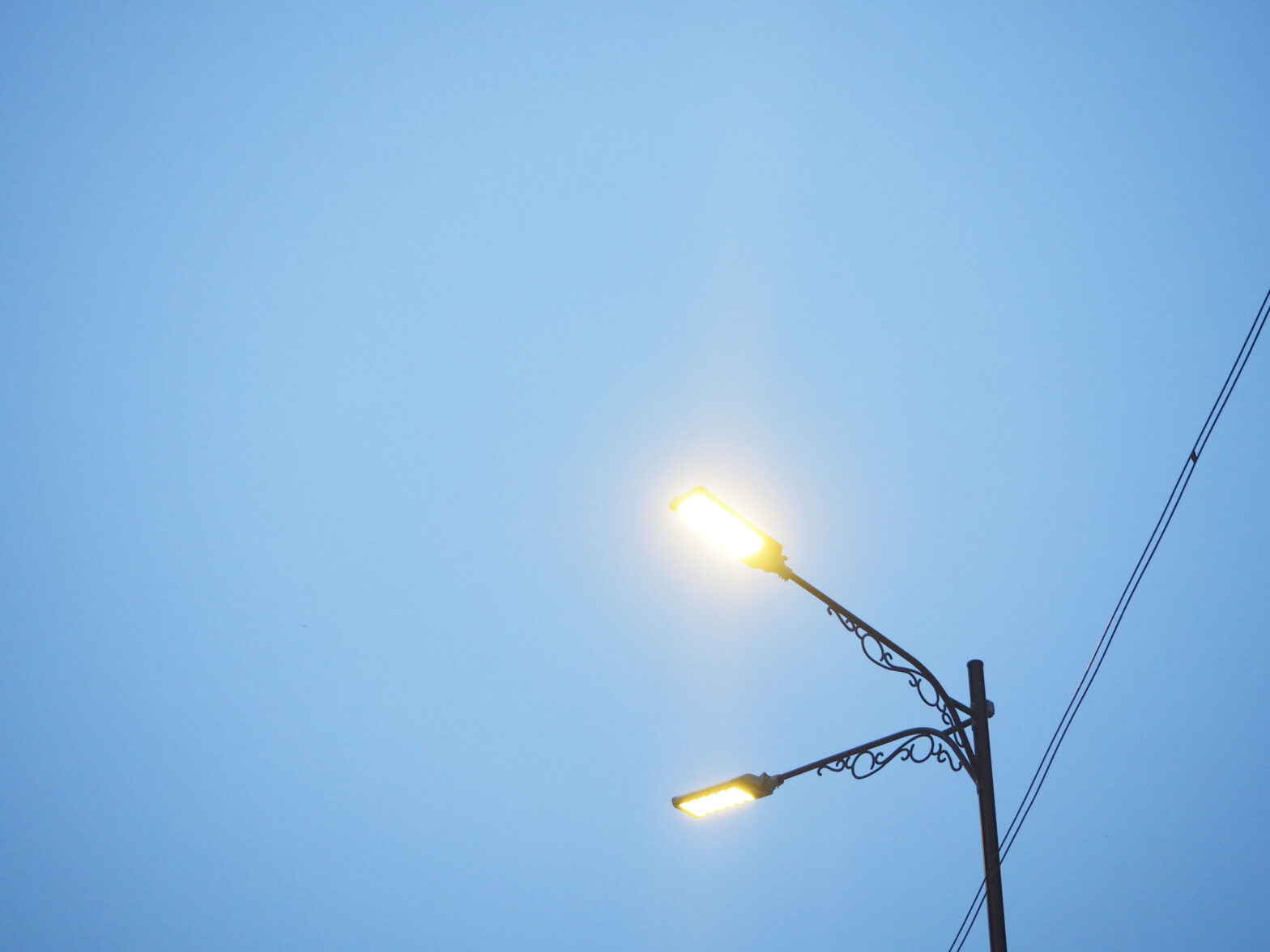Introduction
Most people get worried and fret over lights flickering suddenly out of nowhere. It’s not always due to damage in the electrical circuit or fluctuating power input from the local supply. Rather, several other reasons can also lead to flickering bulbs and tube lights. Knowing these can help you in electrical troubleshooting with urgency, especially if receiving help from a professional electrician isn’t feasible at that moment. With this being said, we have illustrated the top ten events that lead to flickering lights and their solutions.
Loose light bulb or connection
Why it happens?
A loose connection is often the culprit behind lights flickering occasionally. It’s because the bulbs do not receive proper electrical supply due to the faulty connection, and hence flicker.
How to fix it?
Turn off the light and wait for a couple of minutes for the bulb to cool down. Once cooled, check if it’s screwed in properly. Also, ensure the fixture is correct for the bulb type.
Faulty light bulbs
Why it happens?
Sometimes, faulty light bulbs can flicker occasionally as the internal circuits fail to maintain proper electrical flow. Damaged terminals, broken filaments, or reduced internal gas pressure are some of the reasons for faulty bulbs.
How to fix it?
If the light bulbs are damaged, it’s better to replace them with new ones so that you won’t have to deal with lights flickering again.
Power fluctuations
Why it happens?
Flickering lights often happen due to power fluctuations across the end terminals. LED bulbs are quite sensitive to the slightest deviation in the input power. Old incandescent bulbs also flicker when they are near the end of their lifespan.
How to fix it?
Upgrading to newer and modern bulbs can help resolve lights flickering due to power fluctuations.
Major applications turning on/off
Why it happens?
Sometimes, turning on or off major appliances like refrigerators and air conditioners can cause the lights to flicker due to voltage changes or momentary electrical disruptions.
How to fix it?
The best electrical troubleshooting method will be to check the maximum load capacity of the terminals and get help from a professional electrician.
Loose or faulty wirings
Why it happens?
Loose or old wires fail to maintain a consistent electric supply to the bulbs, causing them to flicker. If not addressed immediately, it can lead to fire hazards.
How to fix it?
Check if the wires are loosely connected or not after turning off the electrical supply. If they are loose, tighten the wires. For replacing old wires with new ones, you may need the help from an electrician.
Dimmer switch incompatibility
Why it happens?
Sometimes, dimmer switch problems can also cause the connected bulbs to flicker. That’s because the chosen dimmer is not compatible with the electrical fixture and fails to control the bulb’s brightness.
How to fix it?
While purchasing the dimmer switch, check if it’s compatible with the light bulb and the electrical fixture to avoid flickering issues.
Not all bulbs are dimmable
Why it happens?
One of the most common causes of lights flickering is the use of dimmer switches with bulbs that are not dimmable.
How to fix it?
Check if the bulb is dimmable or not through an external device. If not, it’s better not to connect a dimmer with the same electrical fixture controlling the light.
Check the dimmer switch wattage limits to avoid flickering
Why it happens?
Using a bulb with power requirements higher than the maximum wattage limit of the dimmer switch can also cause it to flicker the moment you turn on the switch.
How to fix it?
Check the power requirements of the bulb and the maximum wattage limit of the dimmer switch before making the electrical connection between them.
Overloaded circuit or panel issues
Why it happens?
Another reason of flickering light is circuit overload. It happens when you connect too many appliances and devices with a single circuit and the power consumption exceeds the maximum wiring limit.
How to fix it?
Upgrade the electrical circuit to accommodate all the devices running simultaneously on the same wiring connection.
Power grid or utility issues
Why it happens?
If there is any issue with the utility services, power surges will be a common occurrence. This can lead to occasional flickering of the bulbs connected to the supply line.
How to fix it?
Connect with your electric service provider to know if there is any issue with the grid or the power supply. If there is any issue, turn off the bulbs for the time being till the problems are resolved.
Problems with local power supply
Why it happens?
One of the most common causes of lights flickering is underlying issues with the local power supply. Fluctuating voltage, loose service cable connection, and increased power consumption on the main line can be the cause.
How to fix it?
If there is any problem with your local supply, call for professional help immediately.
Comparison table: Common causes and fixes
Cause of flickering lights |
Severity |
Possibility of DIY fix |
When to call for an electrician? |
| Loose light bulb or connection | Low | Yes | No |
| Faulty light bulbs | Low | Yes | No |
| Power fluctuations | High | No | Yes |
| Major applications turning on/off | Low | Yes | No |
| Loose or faulty wirings | High | No | Yes |
| Dimmer switch incompatibility | Low | Yes | No |
| Not all bulbs are dimmable | Low | Yes | No |
| Dimmer switch wattage limits | Low | Yes | No |
| Overloaded circuit or panel issues | High | No | Yes |
| Power grid or utility issues | High | No | Yes |
| Problems with local power supply | High | No | Yes |
Conclusion
Several events can lead to lights flickering in your house, like faulty bulbs, loose connections, problems with the main supply, and an overloaded circuit. Most often, these issues can lead to fire hazards or disrupt your electrical connection. That’s why getting the issues resolved on time is crucial so that your safety isn’t compromised. Flickering lights can indicate underlying electrical issues or faulty fixtures, especially in industrial settings. Explore AJV Tech’s explosion-proof and industrial lighting solutions to ensure safety and reliability!
FAQs:
Is flickering light a sign of a fire hazard?
Flickering lights denote bad wiring warning signs, often indicating a potential fire hazard.
Can bad weather cause flickering lights?
Bad weather conditions do not have a direct connection with flickering lights, provided the main power supply is not disrupted.
Do flickering lights waste electricity?
Yes, lights flickering do cause electrical wastage and unnecessary power consumption.
How do I know if my electrical panel is outdated?
Check if the voltage consumed is much higher than the appliances’ operational time. Also, you should call for a professional electrician to get the electrical panel checked and know if it needs an immediate replacement.

